We use Team Foundation Server for our main project. Every time we add a new employee either onsite or offsite we always have to set up the references manually.
Is it possible for TFS to copy/save/pass the dll's to the new user without having to install them every time?
For example I add new functionality and install DocumentFormat.OpenXml to my project. Set up the code it runs and works fine on my machine, I publish it works just fine live. I check in everything into TFS.
My co worker downloads the project attempts to build it and it errors out saying it doesn't know what to do with DocumentFormat.OpenXml because no reference exist.
So they they must download DocumentFormat.OpenXml and then they can build and run the project.
Is there a way for TFS to save us this step?

